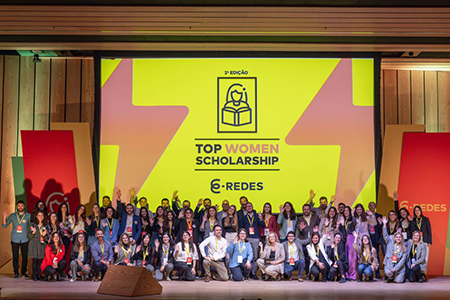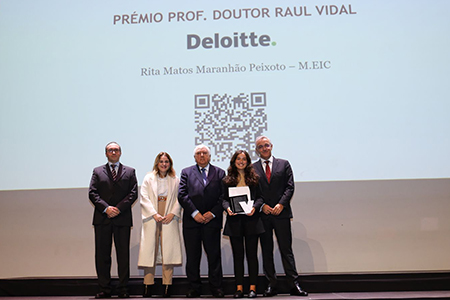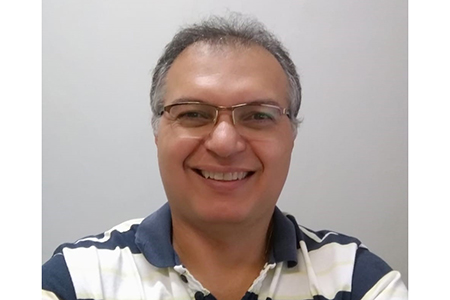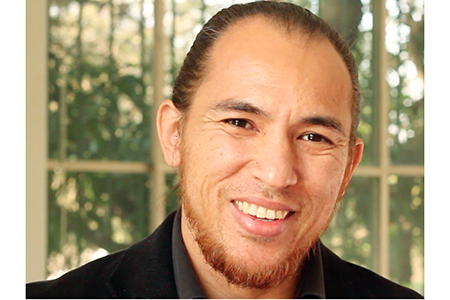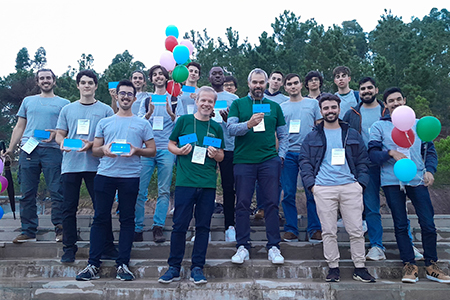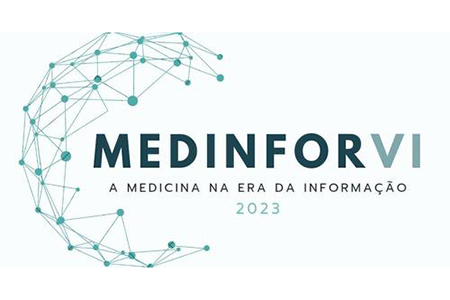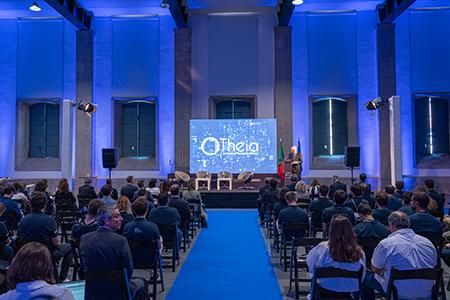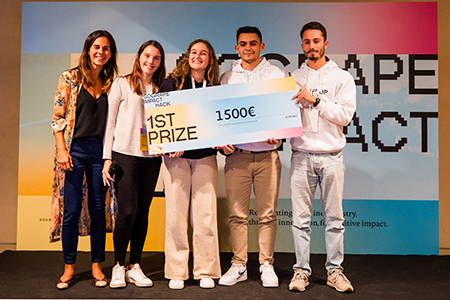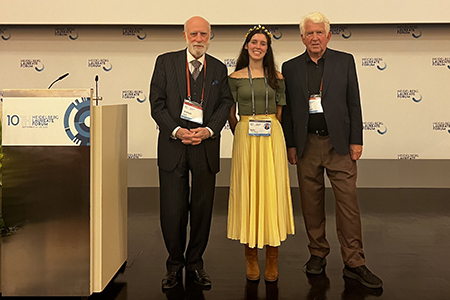Candidate
Simão Paulo Rato Alves Reis
Date, Time and Place
January 11, 14:00, Sala de Atos FEUP
President of the Jury
Carlos Miguel Ferraz Baquero-Moreno, PhD, Full Professor, Department of Informatics Engineering, Faculdade de Engenharia, University of Porto
Members
João Alberto Fabro, PhD, Associate Professor, Departamento Acadêmico de Informática, Universidade Tecnológica Federal do Paraná, Brasil;
Rui Filipe Fernandes Prada, PhD, Associate Professor, Instituto Superior Técnico, Universidade de Lisboa;
Pétia Georgieva Georgieva, PhD, Associate Professor with Habilitation, Department of Electronics, Telecommunications and Informatics, Universidade de Aveiro (representative of the MAP-i Scientific Committee);
Luís Paulo Gonçalves dos Reis, PhD, Associate Professor with Habilitation, Department of Informatics Engineering, Faculdade de Engenharia, Universidade do Porto (Supervisor);
Henrique Daniel de Avelar Lopes Cardoso, PhD, Associate Professor, Department of Informatics Engineering, Faculdade de Engenharia, Universidade do Porto.
The thesis was co-supervised by Doutor Nuno Lau, Associate Professor at the University of Aveiro.
Abstract:
“This thesis studies the balance problem in game development, notably in two-player games. Specifically, we aim to study the viability of Artificial Intelligence (AI) as an assisting tool to fix game properties. We split our research into two paths: Power Balance, where the aim is to adjust game strategies, so they become effective as winning tools; Difficulty Balance, where the objective is to adjust game attributes on the fly so that weaker players or players at a disadvantage can compete with stronger players or players in advantage. Both domains require tuning the game, but they mainly differ in the timing and in their aim, one deals with the imbalance in game design, while the other deals with inequality in player skills. For Power Balance, our methodology was to define a full meta-game balance ecosystem based on the Pokémon video game franchise and develop an AI competition where the multiple associated tasks (battling, team prediction and assembly, and meta-game balance) are present and can be tested in a common ground. To balance the meta-game, we follow an adversarial model where team builders aim to narrow the use of optimal Pokémon while balancer agents aim to incentive the maximum of Pokémon as possible to be selected by team builders. This results in agents being able to play, build effective teams, and being able to tune the Pokémon roster over time. We discuss how our models can be extended to other video game domains. For Difficulty Balance, we propose a Multiplayer Dynamic Difficulty Adjustment framework where a Game Master (GM) agent is trained and embedded into a game, depending on the game state it will deploy handicap mechanisms. The training regime follows a specific pipeline. To generalize advantage situations, parameterized perturbations on the actions of a reference player are used to emulate several degrees of playing skill, and the advantage for each player is used to draw curves which are evaluated as a reward for the GM. This results in the GM being able to optimize game design criteria and create opportunities for the player behind to recover. We show there are suited AI tools for each task, and it is reasonable to think of power balance and difficulty as separate problems, where both can be automatically assisted and eased. Both further augment our overall comprehension of the automated game balance field.”
